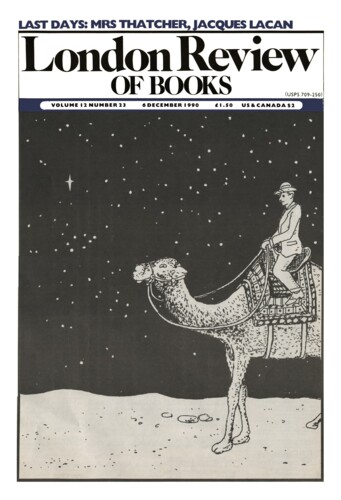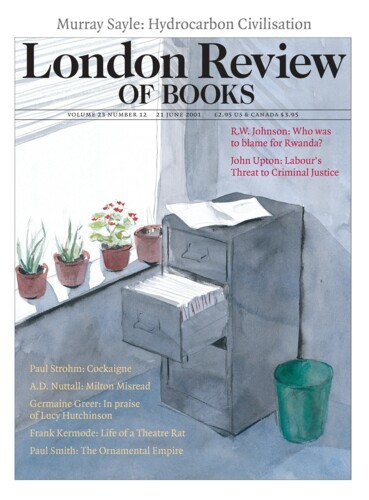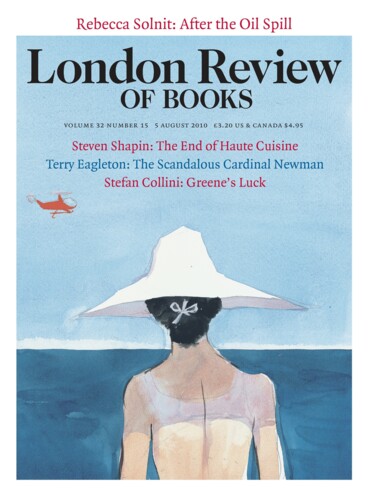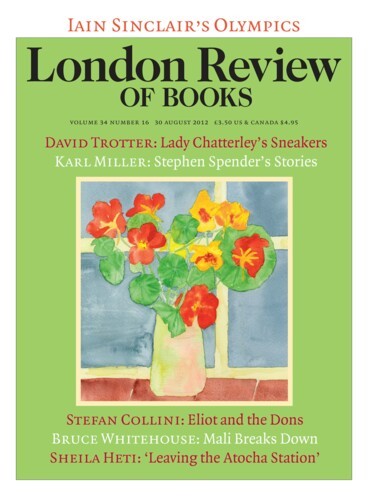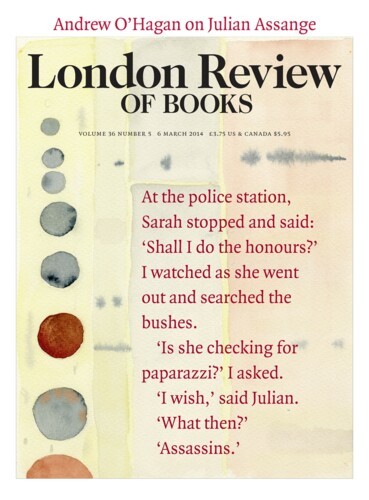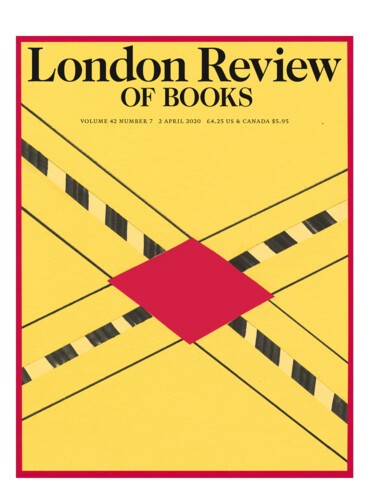Bad News
Iain Sinclair, 6 December 1990
Weather has become irreversibly damaged, infected with rust. It suffers from our plagues. It is out there, restless, migratory, evolving towards some dim conclusion we do not want to predict. We are barely capable of noticing its shifts, its pressure on our nerves – but our destiny is woven from this ungraspable, amorphous otherness. We are the weather.
